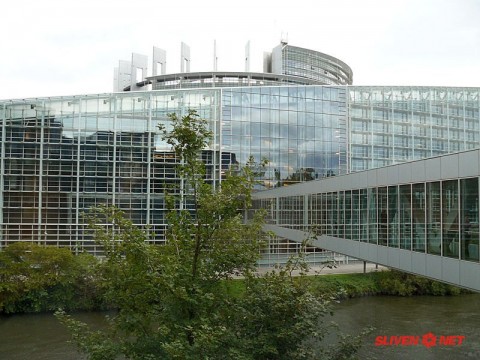
On Tuesday, Mario Draghi outlined his blueprint for improving Europe’s competitiveness through closer cooperation in core areas and massive investment in shared objectives.
Mr Draghi, author of a report on European competitiveness requested by the President of the European Commission, said that the EU needed to focus on three crucial issues: closing the innovation gap with the US and China; developing a joint plan to link the goal of decarbonisation with increased competitiveness; and boosting Europe’s security and reducing its dependence on foreign economic powers.
Maintaining the European way of life will rely on improving competitiveness, and improving competitiveness requires closer cooperation and integration between Europe’s nations, Mr Draghi said.
A fit-for-purpose competitiveness agenda would require annual funding of between EUR 750 - EUR 800 billion for projects whose objectives were already agreed upon by the EU. Some of this money could come from private sources, but some would also need to be secured through public investment, including by new common debt issued specifically to fund key joint projects, Mr Draghi said.
In a debate following Mr Draghi’s address, many MEPs agreed with his analysis that the EU economy must urgently change course. The EU should focus, they argued, on competition and innovation in key industries, along with more public and private investments in social, green and digital transformations. Some MEPs called for greater sovereignty and freer markets, and stressed that fighting climate change sabotages the EU economy. Others observed that growth is compatible with clean innovative technologies and social investment, to help citizens to adjust their skills.
